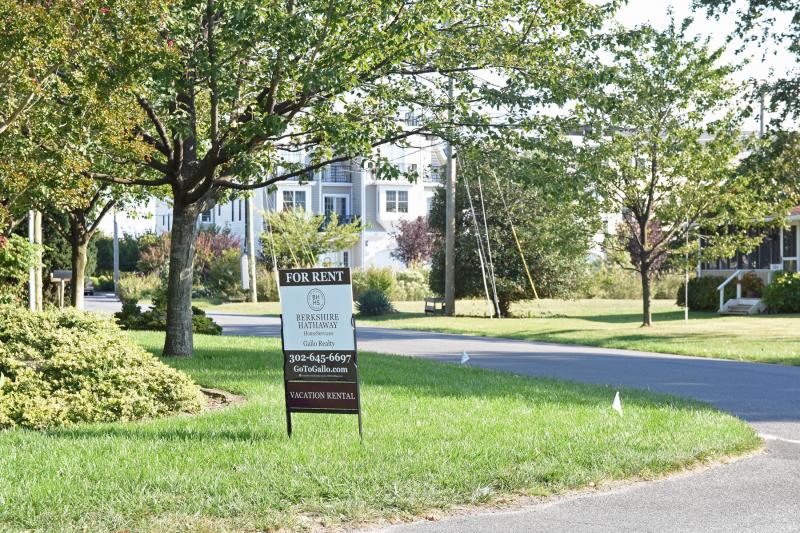Airbnb permanently banned parties from its hospitality platform following the success of the trial ban implemented in the throes of the COVID-19 pandemic. The short-term rental company claims to have noticed a significant drop in parties, which were reportedly a popular reason for utilizing the service during its early days. According to some Lewes residents, this has not led to a decrease in unruliness of short-term renters in the First Town in the First State.
Committee member Don Long, who lives between two short-term rental properties, discussed his problems with absentee property managers at the city’s short-term rental ad hoc committee meeting June 28. According to Long, who lives on the narrow Church Street, there was recently a bachelor party at one of his neighbor’s homes that blocked the street with vehicles, including a boat trailer and a limousine. Despite calls to the property owners, Long said nothing was or has been done, due in large part to the owners living so far away.
Committee member Tonya Flickinger, who operates a Vrbo, stressed the importance of her property manager living within close proximity to her investment, as well as the additional measures she takes to maintain a good relationship with her neighbors. She brought up two particular instances, one when the property manager noticed a situation and another involving her neighbor making a call. They were not parties, but concerns regarding maximum occupancy being exceeded by renters, which was 16 at the time. Further investigations revealed the renters were within compliance, but the situations inspired Flickinger to lower her occupancy level from 16 to 14 to avoid future problems.
Committee members stressed the importance of short-term rental property owners living nearby or having property managers who are available 24/7 to tend to any problem that may arise. Flickinger said she employs a property manager, limits her occupancy and adheres to an appropriate parking ratio in order to be a responsible neighbor and homeowner. Services like Vrbo and Airbnb have occupancy requirements for adults – two per bedroom – but there are no limits to minors, according to consultant Jeffrey Goodman. Flickinger said she has the ability through her short-term rental provider to kick out renters exceeding the occupancy limit, but there are questions as to how that is enforced.
Committee member Winnie Kee said she is in favor of Lewes employing compliance officers to handle such complaints, while others suggested it be incumbent upon the property owner to be the first line of defense. Adriane Gallagher, a Realtor and property manager with Gallo Realty, said her team has weekly shifts where each member is available 24/7 to handle low-level complaints about properties. For more serious inquiries, public safety is brought in to handle the situation. Committee members said it might be important to have a policy in place to require short-term rental property owners to not only have a point of contact nearby, but also require emergency and public safety numbers be made available for easy access within each unit.
Enforcement of occupancy limits comes with certain privacy concerns – some in the audience worried about being asked to spy on neighbors – and committee members acknowledged that is one of the obstacles they face. Security cameras are preventative measures that can be taken outside the home, but there are legal issues that complicate things when using security cameras inside a short-term rental property.
Commissioners will continue to meet throughout the summer with Goodman, Gallagher and other real estate and civic professionals. The committee would like to draft an ordinance that quells concerns residents have with the sprawling nature of short-term rentals without preventing short-term rental property owners who abide by regulations from continuing to operate.
Aaron Mushrush joined the sports team in Summer 2023 to help cover the emerging youth athletics scene in the Cape Region. After lettering in soccer and lacrosse at Sussex Tech, he played lacrosse at Division III Eastern University in St. David's, PA. Aaron coached lacrosse at Sussex Tech in 2009 and 2011. Post-collegiately, Mush played in the Eastern Shore Summer Lacrosse League for Blue Bird Tavern and Saltwater Lacrosse. He competed in several tournaments for the Shamrocks Lacrosse Club, which blossomed into the Maryland Lacrosse League (MDLL). Aaron interned at the Coastal Point before becoming assistant director at WMDT-TV 47 ABC in 2017 and eventually assignment editor in 2018.






















































